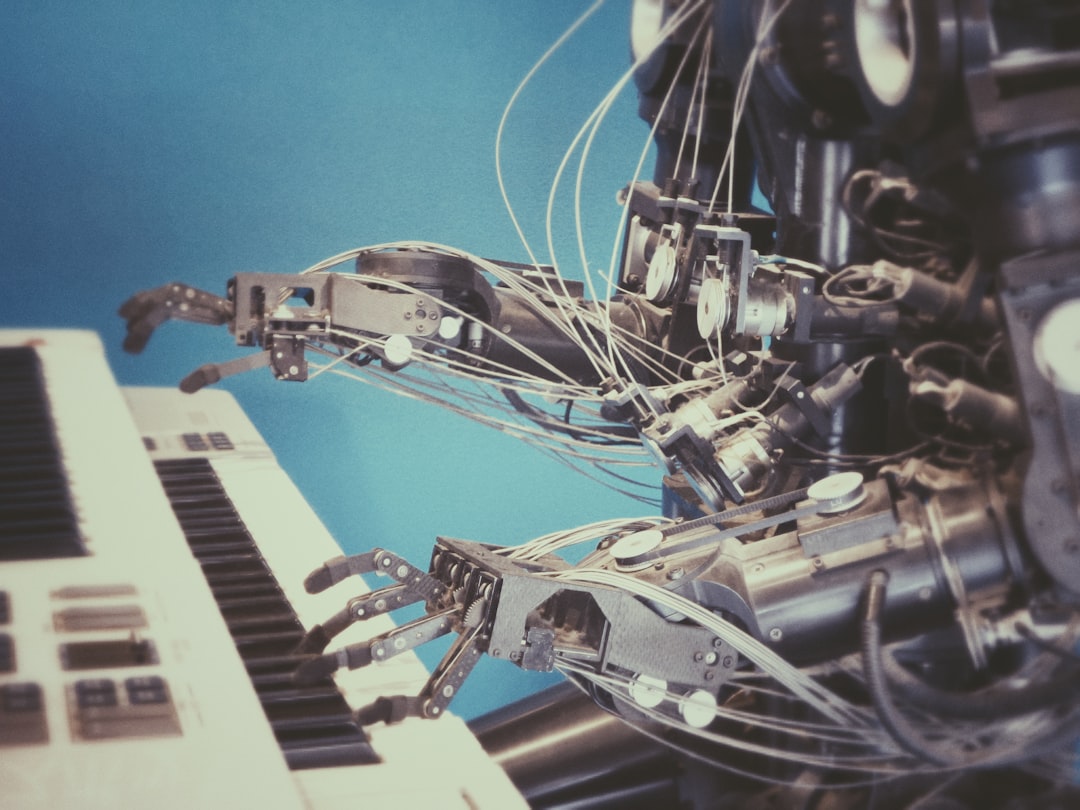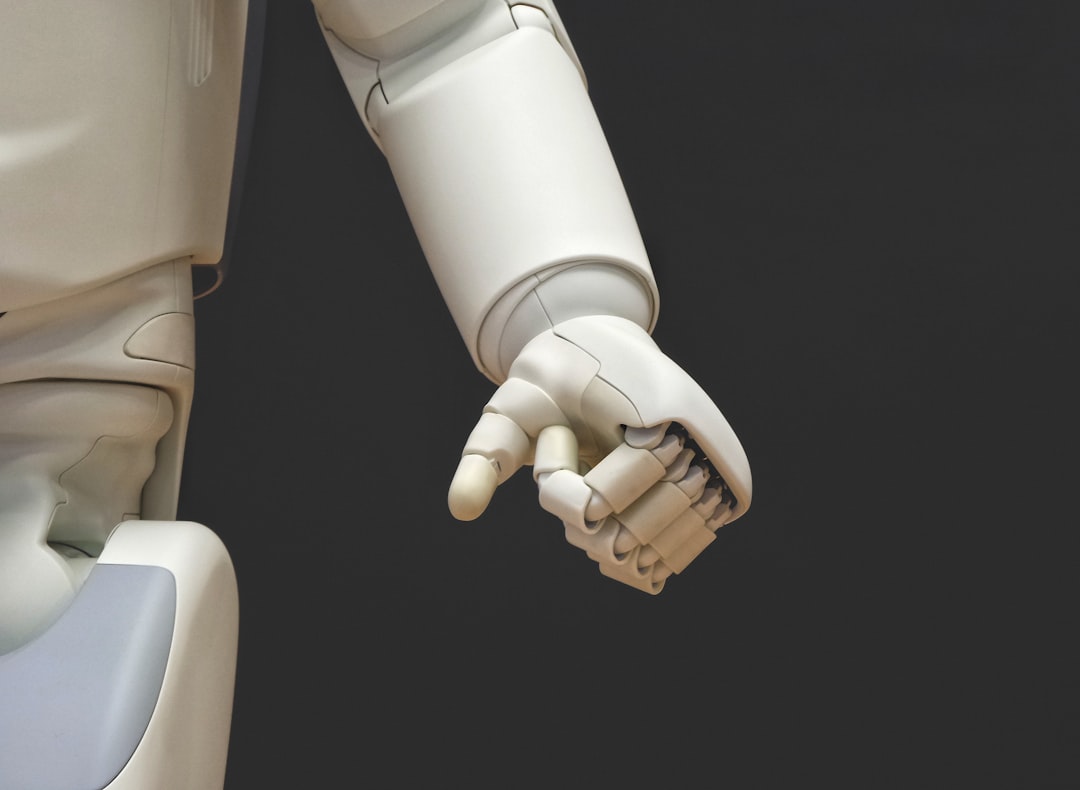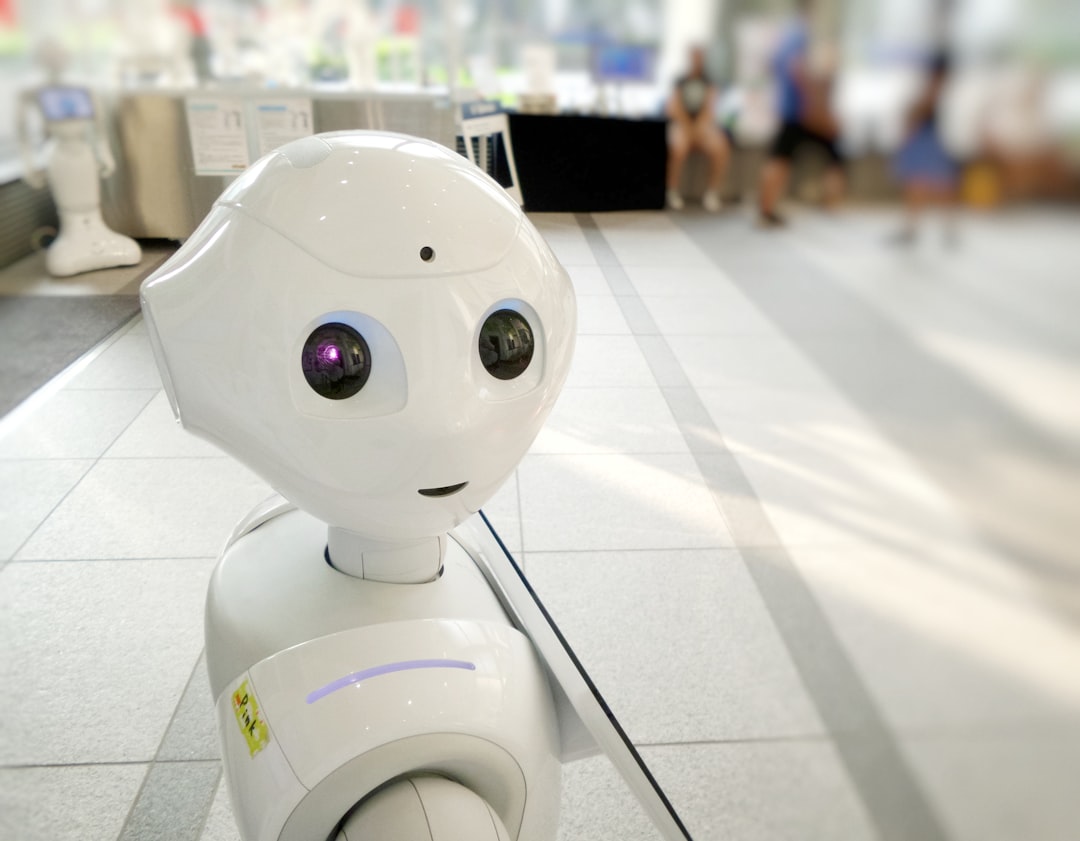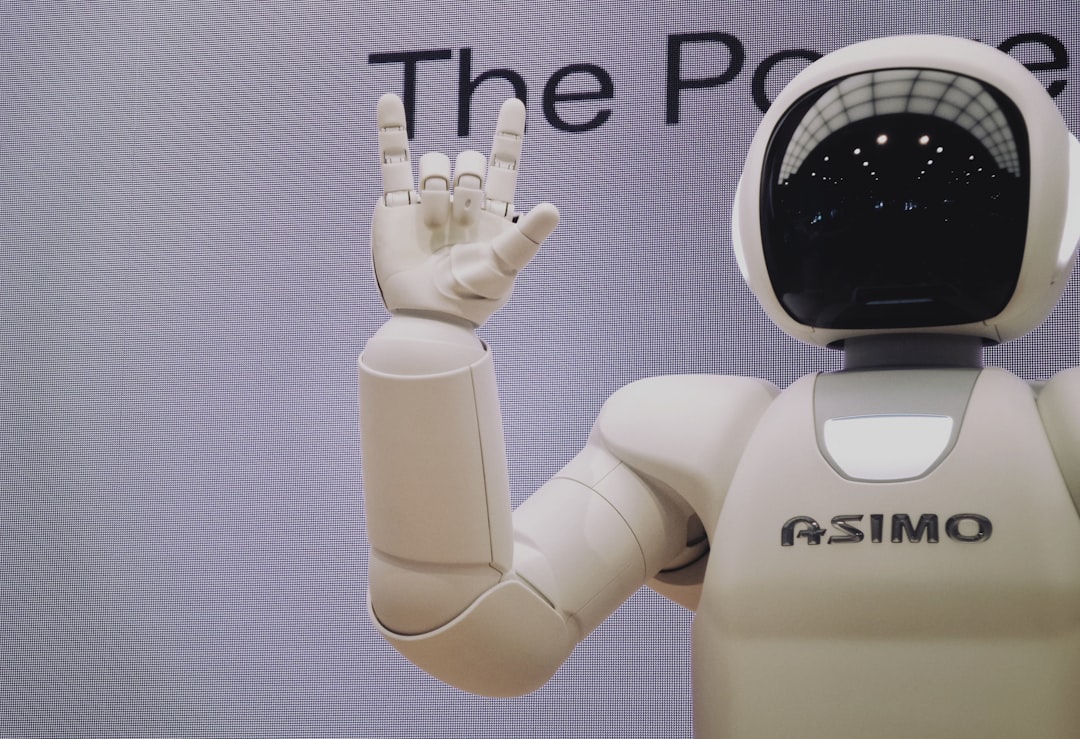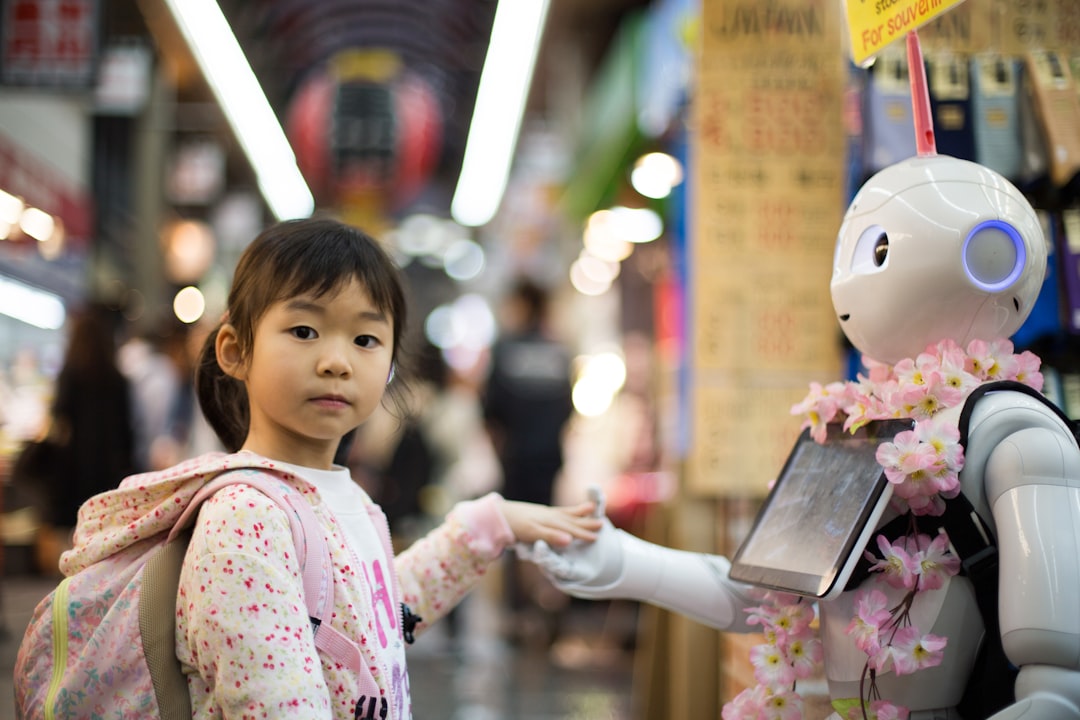The emergence of artificial intelligence (AI) has revolutionized the way humans interact with technology. AI has wide-ranging applications in fields such as healthcare, transportation, and finance, and is rapidly becoming an integral part of everyday life. AI promises to evolve with the potential to improve accuracy and productivity, while also providing greater efficiency and cost savings. As AI continues to develop, its impact on our lives will only increase. The future of AI holds the promise of an exciting new world of opportunity for both individuals and businesses.
Artificial Intelligence (AI) and its significance in the modern world
As technology continues to develop, the potential of Artificial Intelligence (AI) is becoming increasingly important in modern society. AI has the potential to revolutionize many industries, from healthcare and finance to manufacturing and transportation. By leveraging AI, businesses can improve the accuracy of their decision-making and establish more efficient processes. AI is also being used to develop new treatments for diseases, automate mundane tasks, and even create art. As AI technology advances, its uses will become even more widespread, making it a key factor in the future of the world.
The current state of AI technology
Artificial intelligence (AI) technology is advancing rapidly, and the potential applications are nearly limitless. AI can be used to automate mundane tasks, optimize complex processes, and even provide virtual assistants to customers. AI has already been used to automate customer service inquiries, analyze financial data, and power self-driving cars. In addition, AI can be used to develop predictive models that can anticipate future trends and inform decisions. As AI continues to evolve, its impact on our lives is only expected to increase.
The potential opportunities and challenges posed by AI in the future
As AI technologies continue to develop and expand, they are sure to bring both opportunities and challenges to our society in the future. AI can be used to automate mundane and repetitive tasks, freeing up resources for more important work and allowing businesses to operate more efficiently. On the other hand, AI can also be used to create new ethical dilemmas and potential privacy issues. It is important that we carefully consider the potential consequences of each new AI application before embracing it, in order to ensure a safe and beneficial future for our society.
The Advancements in AI Technology
The advancements in AI technology have been revolutionary in recent years. A wide range of capabilities, from natural language processing to computer vision, have been enabled by the use of AI. This has allowed for more efficient and accurate decision-making processes in a number of industries, as well as the ability to automate mundane or repetitive tasks. Furthermore, AI research is continuing to advance at a rapid rate, meaning that the possibilities for what AI can achieve in the future are almost limitless.
The recent advancements in AI
The last few years have seen a meteoric rise in the development and advancement of artificial intelligence (AI). AI has revolutionized the way in which technology is used in our daily lives, from autonomous vehicles to virtual assistants. Recent advancements in AI have allowed for a greater level of accuracy in data analysis, improved natural language processing, and enhanced robotics. AI is quickly becoming an integral part of our lives, and the potential applications for this technology are only beginning to be explored. We can expect to see continued growth and innovation in this field as AI technology advances.
The impact of these advancements on various industries
The advent of artificial intelligence has revolutionized the way businesses and industries operate. AI-powered technologies, such as automated customer service, have provided businesses with new opportunities to engage customers and increase efficiency. AI-driven automation has also allowed businesses to streamline processes and reduce costs. Furthermore, AI has enabled businesses to better understand customer behavior, allowing them to tailor their services and products to meet their needs. As AI continues to evolve, it is likely that its impact on various industries will only grow, making it an essential component of any successful business.
The potential benefits and applications of AI in the future
As Artificial Intelligence (AI) continues to evolve, its potential applications and benefits are quickly becoming evident. AI has been used in many industries such as healthcare, finance, and transportation for years, but experts believe that the technology also has much more to offer in the future. In the near future, AI is expected to be used to increase efficiency, reduce costs, and provide personalized experiences for consumers. Additionally, it could be used to automate tedious tasks, improve decision-making processes, and develop new products and services. As AI continues to advance, its potential benefits and applications will become even more expansive.
1: Automating repetitive tasks and processes
2: Increasing accuracy in data analysis and decision-making
3: Enhancing customer service experiences
4: Improving healthcare outcomes through better diagnostics
5: Developing autonomous cars and transportation systems
6: Personalizing consumer products and services
7: Enhancing security through facial recognition systems
8: Improving natural language processing to enable smarter interactions with machines
9: Creating entirely new industries and sectors
The Opportunities of AI in the Future
As technology continues to advance, the opportunities for artificial intelligence (AI) are becoming increasingly vast. AI has the potential to revolutionize many industries, from healthcare to finance, providing businesses with improved efficiency, accuracy and cost-effectiveness. By applying AI-driven automation techniques, businesses can streamline their processes and make better decisions faster than ever before. In addition, AI can help organizations gain valuable insights from data, allowing them to identify new opportunities and develop more effective strategies. With its many potential applications, the future of AI is sure to be a bright one.
The potential benefits of AI in various industries
1: Increased Efficiency – AI can automate certain processes and help reduce costs.
2: Improved Decision Making – AI can be used to analyze large amounts of data more quickly and accurately than humans, allowing for better decisions to be made.
3: Automated Personalization – AI can be used to personalize products and services, such as providing tailored recommendations on streaming services.
4: Increased Safety – AI can be used to monitor and detect potential safety hazards or anomalies in industrial or medical settings.
5: Enhanced Customer Service – AI can be used to provide faster customer service by providing automated responses to common customer inquiries.
6: Improved Fraud Detection – AI can be used to detect fraudulent activity in financial transactions more quickly than manual methods.
7: Increased Productivity – AI can be used to improve productivity by automating tasks that are tedium or time-consuming.
8: Creation of New Industries and Sectors – AI has the ability to create entirely new industries and sectors, such as the autonomouscar industry.
The ways in which AI could improve efficiency and productivity
1: Automation of tedious tasks and processes
2: Improved decision making and predictions
3: Streamlined customer service processes
4: Increased accuracy in data analysis and forecasting
5: Enhanced safety measures in hazardous environments
6: Faster product development cycles
7: Improved employee performance tracking and evaluation
8: Creation of new businesses and sectors
9: Ensuring safety in hazardous or dangerous environments.
The potential of artificial intelligence to revolutionize the way we work and live is immense. From automating mundane tasks to reducing errors, AI has the potential to improve efficiency and productivity in many sectors. AI-powered systems can analyze large amounts of data quickly, allowing businesses to make informed decisions faster. AI can also be used to automate complex processes, freeing up time for employees to focus on more intricate tasks that require a human touch. With these capabilities, AI could drastically change the way businesses operate and give them an edge over their competitors.
The potential for AI to create new job opportunities and businesses
As artificial intelligence continues to grow in sophistication and capability, it has the potential to open up a world of new job opportunities and businesses. AI can be used to automate laborious tasks, freeing up employees to focus on more creative and complex work. It can also be used to analyze data more quickly and effectively than ever before, allowing businesses to make more informed decisions. In addition, AI can be used for creative endeavors like content creation, allowing businesses to reach new audiences at a much faster rate. With so many potential applications, it is clear that AI holds the promise of creating new opportunities for the world of work.
1: Automation of customer service roles
2: Advanced data analysis and insights
3: Intelligent personal assistant services
4: Automated legal services
5: Autonomous vehicle services
6: Predictive analytics for healthcare
7: AI-driven marketing campaigns
8: Automated home security systems
9: AI-powered virtual reality applications
10: Intelligent customer segmentation and targeting.
The Challenges of AI in the Future
Despite its many potential benefits, there are also a number of challenges that must be addressed in order to ensure that AI is successful. For instance, experts believe that humans must be trained on how to use AI safely and effectively in order to avoid any negative consequences. Additionally, businesses will need to make sure that they have enough data available for AI to work with effectively. Without the right data, AI will not be able to achieve its full potential. In addition, there are security concerns surrounding the use of AI; it is essential that businesses take measures to protect against cyber attacks.
The potential ethical and social challenges posed by AI
As the technological capabilities of artificial intelligence (AI) continue to evolve, so too does the potential for ethical and social challenges. AI has already been used to automate decision-making processes, which raises a variety of ethical issues around accountability, fairness, and bias. Additionally, with AI being used in a wide range of industries from finance to healthcare, there are social challenges to consider such as job displacement and the implications for privacy and data protection. As AI continues to develop, it is important for us to address these challenges in order to ensure that its use is beneficial for both businesses and society as a whole.
The impact of AI on employment and job displacement
As the technology of artificial intelligence advances, there is growing concern over its potential impact on employment and job displacement. AI has the potential to automate many routine and manual tasks, which could result in a significant displacement of labor. This could lead to a massive disruption in the job market and put millions of people out of work. To avoid such a scenario, governments must create policies that ensure that AI technology is used responsibly and with consideration for the impact it will have on employment.
The need for regulations and ethical considerations in AI development
As the development of Artificial Intelligence (AI) technologies continues to advance, it is becoming increasingly important for regulations and ethical considerations to be put in place. As AI applications become more sophisticated and integrated into everyday life, it is important to ensure that the technology is being used responsibly and ethically. Regulations can help to ensure that AI is used in a way that respects the rights and values of individuals, while ethical considerations can help to prevent malicious use of AI. With the right controls in place, AI can be an incredible tool for humanity while avoiding potential pitfalls that could arise from its misuse.
Preparing for the Future of AI
As technology advances, the potential of artificial intelligence (AI) to revolutionize society is becoming more and more apparent. In order to prepare for the future of AI, it is important to understand the current state of the technology and its potential applications. Governments, companies, and educational institutions must invest in research and development to ensure that they are able to take full advantage of the opportunities that AI offers. Additionally, policies must be created to ensure that AI is used ethically and responsibly. With proper preparation, the future of AI could be incredibly exciting.
The importance of education and skills development in AI
As AI technology continues to advance, the importance of education and skills development in this field is becoming increasingly critical. With AI being used in a wide range of industries, having an educated workforce with the right skillset is essential for success. Through specialized training programs, individuals can improve their knowledge and abilities while businesses can ensure that their staff have the skills needed to take advantage of the latest AI technologies. With the proper education and skills, the future of AI looks bright.
The role of businesses and governments in preparing for the future of AI
As artificial intelligence (AI) technology continues to rapidly advance, businesses and governments must take action to ensure they are prepared for the changes it will bring. AI has huge potential to transform the way we live and work, and businesses must consider how they can make the most of this technology in order to remain competitive. Governments must also play a role in developing regulations and standards that will help protect citizens when using AI-driven products and services. The future of AI is here, and businesses and governments must cooperate to ensure that it is used responsibly and effectively.
The potential for collaboration and innovation in AI development
The potential for collaboration and innovation in Artificial Intelligence (AI) development is immense. With more and more organizations, both private and public, working together to advance AI technology, the possibilities for the future of AI are vast. As AI becomes increasingly integrated into everyday life, the opportunities for leveraging AI to solve complex problems, automate tedious tasks, and enhance decision-making processes are only increasing. By continuing to build on existing collaborations and innovate new solutions, the future of AI can be transformative.
The Impact of AI on Society
The potential of artificial intelligence (AI) to revolutionize the way society functions is immense. AI can assist with a wide variety of tasks, from healthcare to financial services and beyond. This technology can help automate mundane tasks, improve decision-making, and even provide an extra layer of safety and security. AI has the potential to make life easier for individuals and businesses alike, but it also raises important questions about privacy, autonomy, and the potential for unintended consequences. As AI continues to develop, it will be important to consider the potential implications so that society can maximize the benefits while minimizing any potential harm.
The potential impact of AI on society and individual lives
The potential impact of artificial intelligence (AI) on society and individual lives is vast and far-reaching. Experts predict that AI will revolutionize many industries, from healthcare to transportation to retail, as well as the way people live their daily lives. AI can help reduce errors and increase efficiency in fields such as medicine, economics, social media, and finance. Meanwhile, it can also be used to automate mundane tasks, freeing up individuals to focus on creative pursuits. The possibilities for AI are virtually endless and its potential for positively impacting society and individuals’ lives is immense.
The ethical considerations and implications of AI usage
As the development of artificial intelligence (AI) advances, the ethical considerations and implications associated with its usage become increasingly important. AI has the potential to revolutionize a variety of industries, but it also raises questions of privacy, autonomy, and trust. These issues must be considered thoughtfully, as they are interconnected with the potential for AI to cause harm and to challenge traditional ethical principles. It is essential that a set of guidelines be established to guide the development and use of AI in a responsible manner. This will ensure that AI is used ethically and in a way that is beneficial to society.
The need for responsible AI development and usage
As artificial intelligence technology continues to grow and become more prevalent in our everyday lives, the need for responsible AI development and usage becomes increasingly important. With this in mind, there is a growing need for regulations and policies to ensure that AI is used ethically and responsibly. This includes creating safeguards to protect against malicious use of AI, such as data privacy breaches and algorithmic bias, as well as implementing ethical standards when it comes to the development of AI-enabled products and services. It is essential that we act now to ensure that AI is used safely and responsibly in the future.
Conclusion
The potential of artificial intelligence (AI) is immense. AI can revolutionize the way we do things and has the potential to make life easier for individuals and businesses alike. However, it is essential to consider the ethical implications and potential for unintended consequences when it comes to AI. We must act now to ensure that AI is used responsibly and ethically, so that it can be utilized for positive gains and minimize any potential harm. It is essential that regulations, policies, and ethical standards be implemented now in order to ensure that AI is used safely and responsibly in the future.


